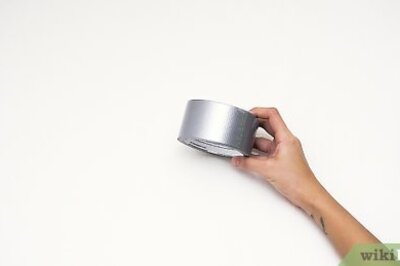
views
Bad weather conditions often cause turbulence during flights. Often people face dizziness, headache, ringing in the ears and motion sickness when they are in a turbulent flight. While flying, our sense of spatial orientation is put off balance. The spatial orientation can be simply understood as our ability to sense the position of objects around us or our position within an environment. On a flight, our body’s sensory apparatus such as hearing and scope of vision is very limited which confuses our mind. When the aircraft is moving through turbulence, our brain cannot distinguish the movement of the plane from that of our body, but since this doesn’t match the visual information being received through our eyes we get sensory confusion. As a result, we face a host of uncomfortable symptoms such as increased heart rate.
An article in The Conversation explains this sensory discomfort as “eighty percent of spatial information comes from your eyes during flight. However, you only have the seat in front of you or the cabin as a reference point, which means your inner ear becomes the dominant sensory message to the brain during turbulence and disrupts the “vestibulo-ocular reflex”. This reflex keeps your vision aligned with your balance or expected position.”
Commercial pilots have better control over their body’s mixed messaging because “they have the view out of the cockpit windows, so have a horizon to use as a reference point and can see what lies immediately ahead.” Their instruments provide an added visual reference to the position of the aircraft which helps their brain get better spatial orientation.
How to reduce the discomfort during turbulence
Get a window seat so that you can look out the window, this will give the brain some visual information and help you keep calm during turbulence. A seat in the front or over the wing also reduces the effects of turbulence.
Do deep and focused breathing; this will calm your nervous system.
If you suffer from severe motion sickness or anxiety while flying, then some drugs like antihistamines can be helpful.
Do not drink alcohol. It can interfere with your visual and auditory processing and make motion sickness or dizziness worse.




















Comments
0 comment